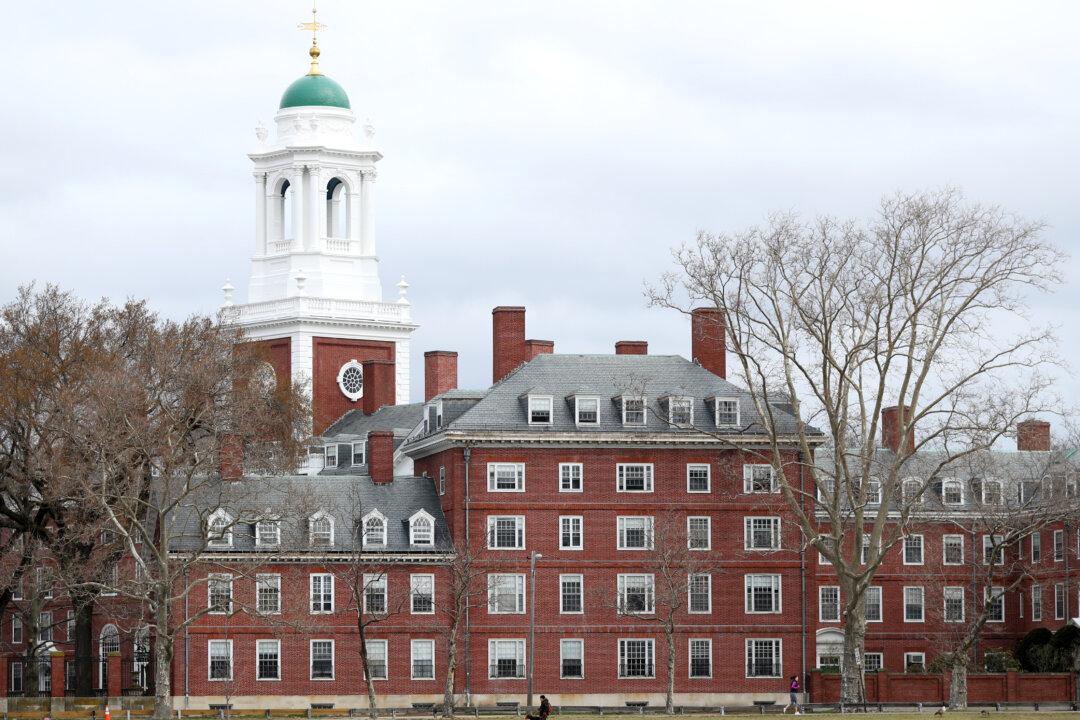A Harvard Law School professor has spoken out against forcing those seeking university faculty posts to submit a statement about their commitment to the cause of diversity, equity, and inclusion (DEI), a practice he says creates a toxic culture of insincerity.
“Candidates for academic positions at Harvard should not be asked to support ideological commitments,” professor Randall Kennedy wrote Tuesday in an op-ed for the Council on Academic Freedom at Harvard, a coalition of dozens of faculty members and other Harvard employees advocating for free inquiry.





